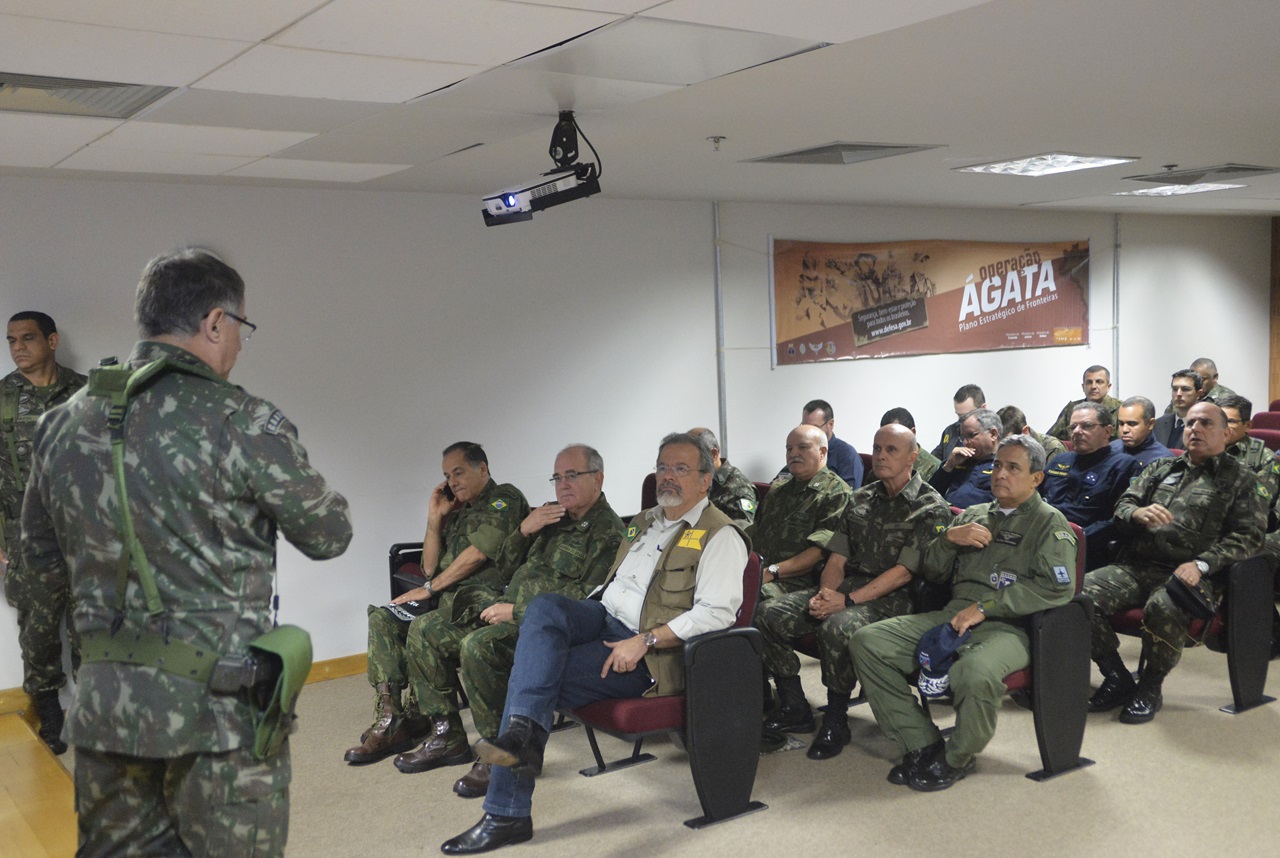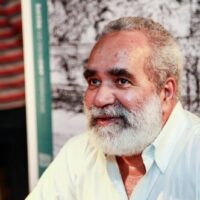
RECIFE, Pernambuco — Perhaps a better headline would be “The teaching of false history in Brazil’s military schools.” I think of the young people in the Military Colleges, the ardent young men and women having to memorize an empty, violating history, which they call History of Brazil: Empire and Republic, from a Marechal Trompowsky Collection. From the Army Library.
But let’s try not to be prejudiced. On this April Fools Day, April 1, 2024, we recall the military coup exactly 60 years ago, in 1964. Let’s illustrate with what students in military schools are still forced to learn, like this, for example:
“In the military governments, particularly under President [Emílio Garrastazu] Médici [1969-74], there was censorship of the media and the fight against and elimination of guerrillas, both urban and rural, because the preservation of public order was a necessary condition for the country’s progress.”
A brief search reveals that these text books used by the Directorate of Preparatory and Assistance Education (DEPA), were created in 1973—yes, that unforgettable year of the Médici dictatorship—affording guidance to future generations of military personnel. And don’t think that such teaching is outside the law: It is based on a certain Article 4 of the R-69. You see? The barracks legislate. DEPA organizes the pedagogical objective “to guide the educational process and teaching-learning in the formation of citizens who are intellectually prepared and aware of their role in society according to the values and traditions of the Brazilian Army.”
What values would these be, apart from the anti-communist ideas of the dictatorship?
The military academy indoctrinates, making for a real Party School for the fascistic right, while hiding the tragic history and life-destroying role of the military dictatorship’s “public order.” What democratically minded sectors used to demand—namely, that the military schools could no longer remain independent from Brazil, as if they were impregnable islands of civilization—continues to be what we demand.
Years ago I used to receive threatening emails, such as: “Thank God there is still teaching in the Military Colleges, because it is through them that the students who still think about Brazil’s universities are trained. The books used in the Military Colleges are those published by the Army Library, because the ones circulating in national bookstores are of a standard below acceptable and are completely distorted in terms of their content.” So this type of teaching still goes on.
It’s time to return to the discussion of darkness with a new criticism: There is a point at which civilian, public schools could look with interest at military schools. In other words, our civilian schools could “translate” what the military schools promote in their own way. I mean, with a translation to freedom in a permanent classroom discussion. Public, civilian schools are deficient in educating for the humanities, for a better humanism. Understand, this is not about including “humanism” as a pure, isolated course in the curriculum. It’s about an education for life in all subjects, without favor to military priorities. We shouldn’t be providing people the intellectual and technical means to ascend socially by establishing ever new consumer bases among the poor, reproducing the capitalist system’s idea of exclusion. We should train people with a vision of humanity. This is the ideological school that we lack, and which the military does well in its own, opposite way: training anti-communist soldiers from the Cold War era.
We mustn’t forget the latent and justified state terrorism advocated in military schools. A terror that I recreated in my memory when I wrote the novel Never-Ending Youth. Here’s a brief excerpt:
“The rings of a vile cranial garrote they called “Christ’s Crown” that was screwed tighter and tighter to extract information, bones were broken and foreign devices inserted in bodily orifices. People who saw and suffered such things are silent. Some victims feel guilty for having survived while others perished, others are easily terrified and experience persistent trauma, decades later. Often, the reflex is conditioned by memories muted so pain will not recur. It is paralyzing to think about what we have known and seen. We think about things we do not want to think about and speak to ourselves about matters we dare not utter to anyone else. It is depressing and we do not want to drown in angry madness. Or to be beaten again, in silence. We want it to end.
“I want peace, to reflect in peace. But Vargas stands before me. I see he is terrified. He is facing the end. ”
Memories of state terrorism during the dictatorship return.
Memories hidden to this day in the fearsome pages of military school pedagogy.
Never-Ending Youth, a novel of the dictatorship years, translated by Peter Lownds, was released in 2022 by International Publishers. It is available here.
We hope you appreciated this article. At People’s World, we believe news and information should be free and accessible to all, but we need your help. Our journalism is free of corporate influence and paywalls because we are totally reader-supported. Only you, our readers and supporters, make this possible. If you enjoy reading People’s World and the stories we bring you, please support our work by donating or becoming a monthly sustainer today. Thank you!












Comments